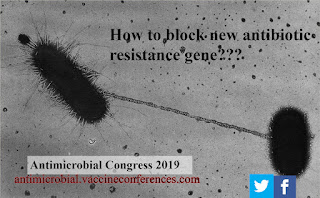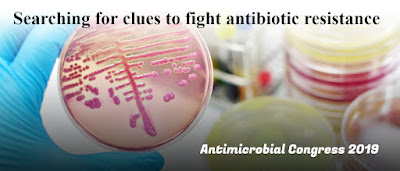The Bacterial Protein promoting Cancer
Viral Oncology: The Bacterial Protein promoting Cancer
DNA K, a protein of the bacterium mycoplasma,
interferes with the mycoplasma-infected cell's ability to respond to and repair
DNA damage, a known origin of cancer. Little or no mycoplasma DnaK DNA sequences were
found associated with the tumor, which was fully developed, suggesting a
hit-and-run or hide mechanism of transformation, indicating that the damage is
done early, but the protein may not be needed once the cancer cells are formed.
Mycoplasmas are a family of bacteria that are associated
with cancers, especially in people with HIV. Researchers utilized
immune-compromised mice as a model for analyzing the effect of mycoplasma
infection on the development of lymphoma. They compared how quickly
non-infected immune-compromised mice developed lymphoma compared to
mycoplasma-infected immune-compromised mice. The mice were infected with a
strain of mycoplasma from an HIV patient. The researchers found that mycoplasma
infection caused the mice to develop lymphoma earlier in life than non-infected
immune-compromised mice and that some, but not all, of the cancer cells had
bacterial DNA. Finding only a small amount of bacterial DNA in the cancer cells
suggested that the infection did not have to persist to trigger cancer.
We focused on a protein called DnaK, which is part
of a family of proteins that function as a 'chaperone' for other proteins
protecting them from damage or helping them to fold, However, in this case,
DnaK reduces the activity of important cellular proteins involved in DNA repair
and anti-cancer-activities, such as p53. Thus, cells infected with mycoplasma
would not be able to properly repair damaged DNA, thus, potentially increasing
the risk for cancer development.
The scientists noted that the bacteria can release
DnaK and the DnaK enters nearby uninfected cells. The study also demonstrates
that by reducing p53, DnaK can also reduce the efficacy of anti-cancer drugs.
Thus, mycoplasma infection could not only trigger events leading to the
accumulation of DNA damage and oncogenesis in infected cells, but also trigger
cancer-causing events in nearby uninfected cells that took up DnaK released
from infected neighboring cells.
We analyzed the amino acid sequences of DnaK from
many bacteria and found that the DnaK proteins from bacteria associated with
cancer grouped together were different DnaK sequences from bacteria that are
not associated with cancer; this raises the possibility that other bacteria
have the same cancer-promoting ability.




Comments
Post a Comment